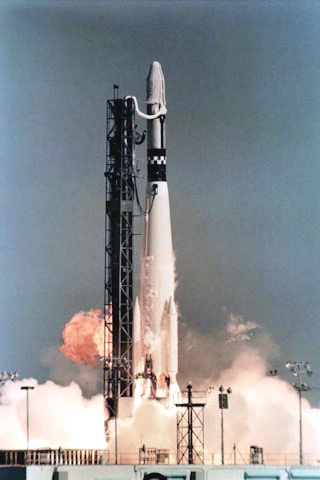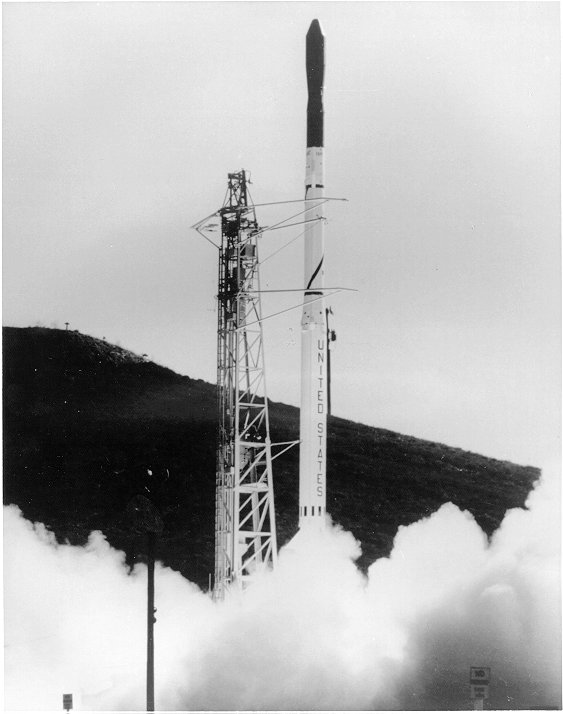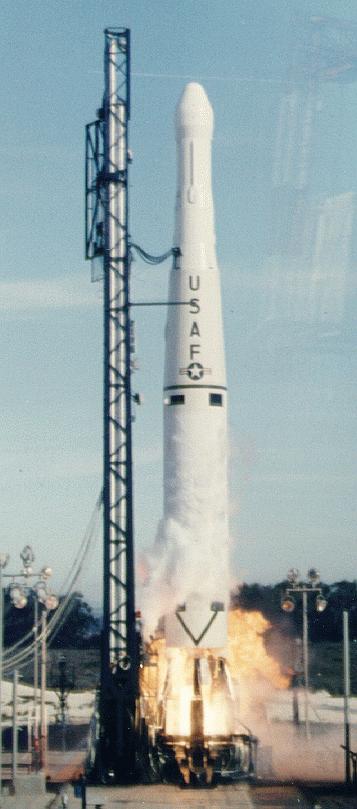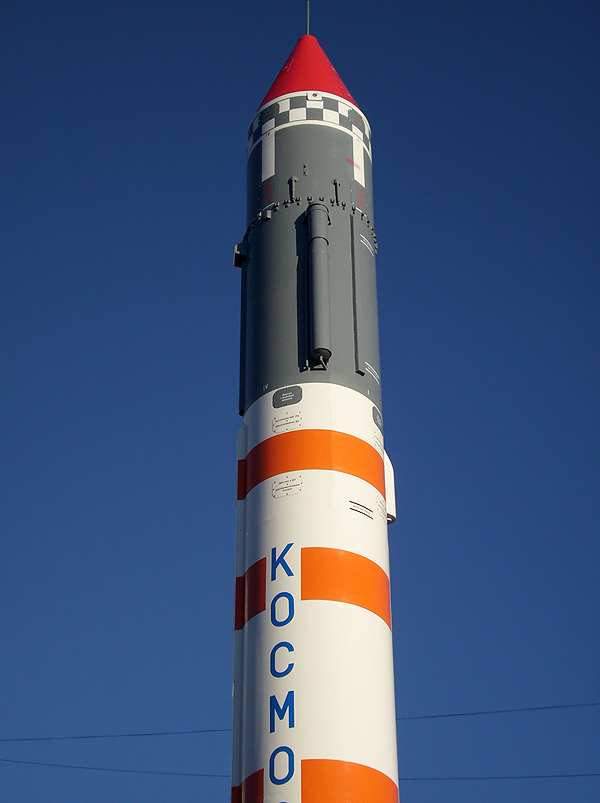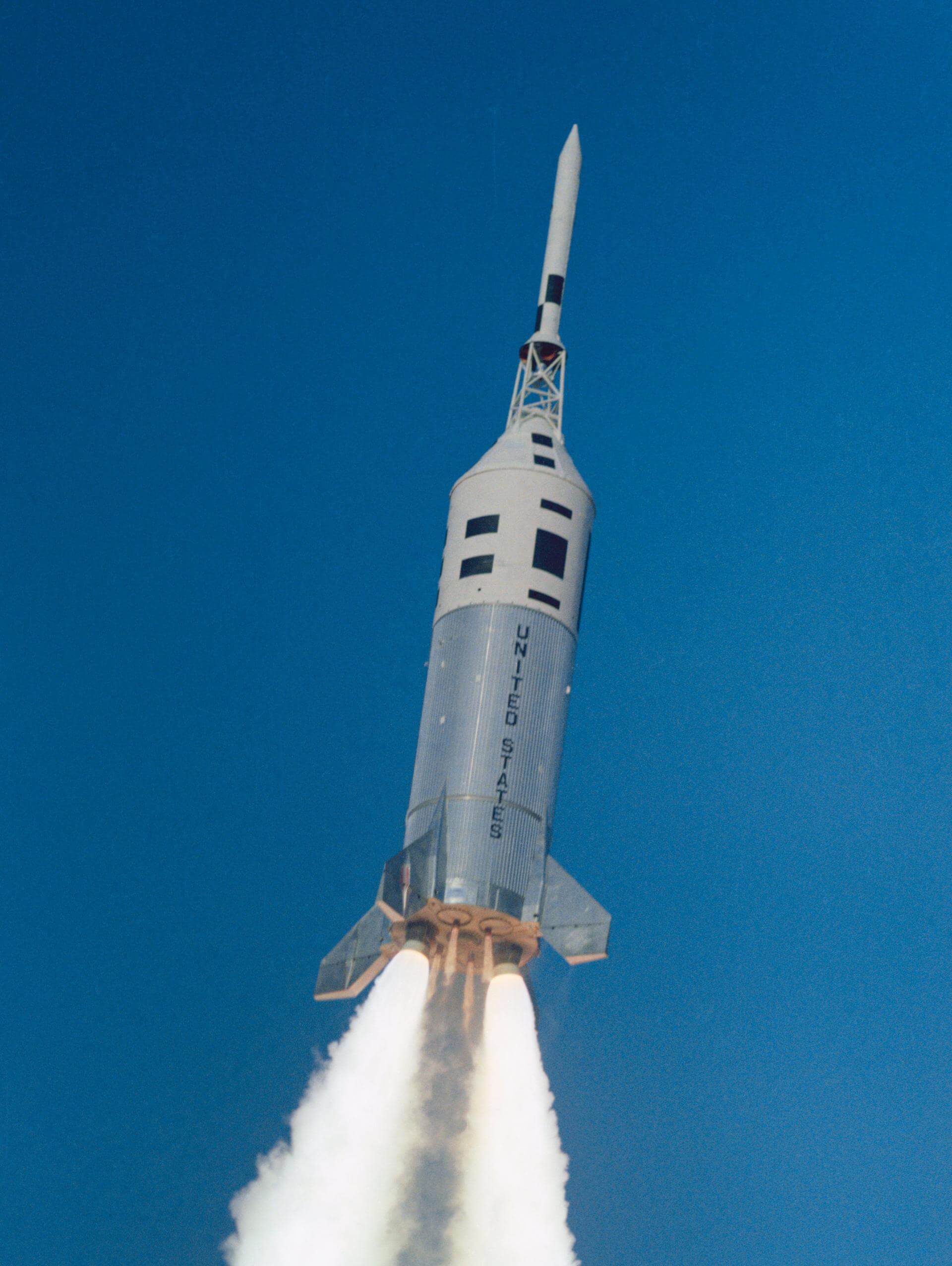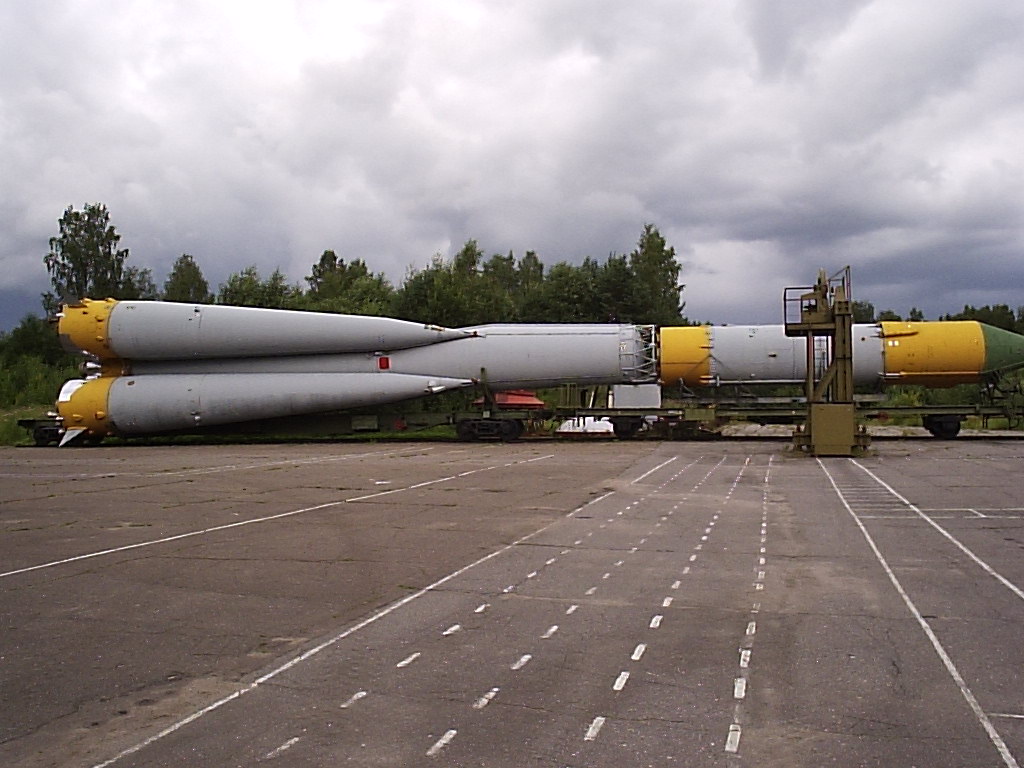Previous Spaceflight Launches
Filter by Agency, Locations or Vehicles
Show All LaunchesThor SLV-2A Agena D | KH-4A 15
McDonnell Douglas | United States of AmericaVandenberg SFB, CA, USA
Dec. 19, 1964, 9:10 p.m.
Scout X-4 | San Marco 1
Vought | United States of AmericaWallops Flight Facility, Virginia, USA
Dec. 15, 1964, 8:20 p.m.
Thor DM-21 Ablestar | Transit-O 2 & 5E-5
United States Air Force | United States of AmericaVandenberg SFB, CA, USA
Dec. 13, 1964, 12:08 a.m.
Status: Launch Successful
Mission:
The Transit-O series of satellites that closely followed the design of Transit 5C-1 were also called “Oscars” (Oscar is the phonetic alphabet for “O”, i. e., operational). They were also called NNS (Navy Navigation Satellite) or shortened NavSat.
Polar OrbitAtlas Centaur | Surveyor Mass Model
Convair | United States of AmericaCape Canaveral SFS, FL, USA
Dec. 11, 1964, 2:25 p.m.
Titan IIIA | Transtage 2
Lockheed Martin | United States of AmericaCape Canaveral SFS, FL, USA
Dec. 10, 1964, 4:53 p.m.
Kosmos-2I 63S1 | DS-MT 3
Strategic Rocket Forces | RussiaKapustin Yar, Russian Federation
Dec. 9, 1964, 11 p.m.
Little Joe II | A-002
Convair | United States of AmericaWhite Sands Missile Range
Dec. 8, 1964, 3 p.m.
Atlas SLV-3 Agena D | KH-7 14
Convair | United States of AmericaVandenberg SFB, CA, USA
Dec. 4, 1964, 7 p.m.
Status: Launch Successful
Mission:
The Program 206 satellite, carrying the KH-7 (Keyhole 7) camera system (codenamed Gambit-1), was the first successful high resolution space reconnaissance program. It was managed by NRO's Program A, the USAF-led segment of the National Reconnaissance Program managed from Los Angeles AFB in El Segundo, California.
Sun-Synchronous OrbitKosmos-2I 63S1 | DS-2 2
Strategic Rocket Forces | RussiaKapustin Yar, Russian Federation
Dec. 1, 1964, 8:45 a.m.
Molniya 8K78 | Zond-2
Strategic Rocket Forces | RussiaBaikonur Cosmodrome, Republic of Kazakhstan
Nov. 30, 1964, 1:25 p.m.
